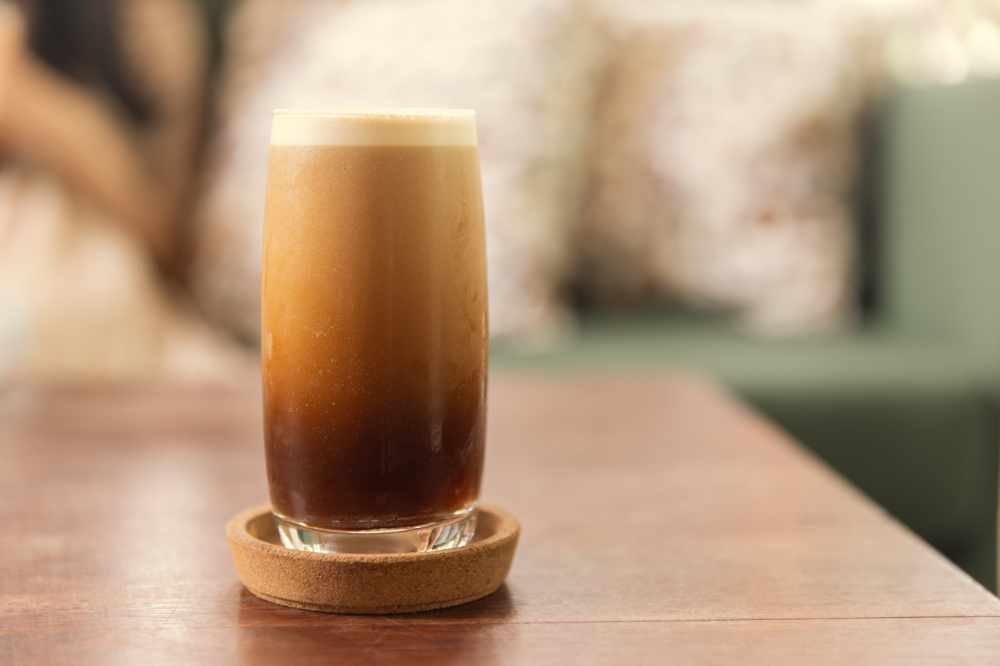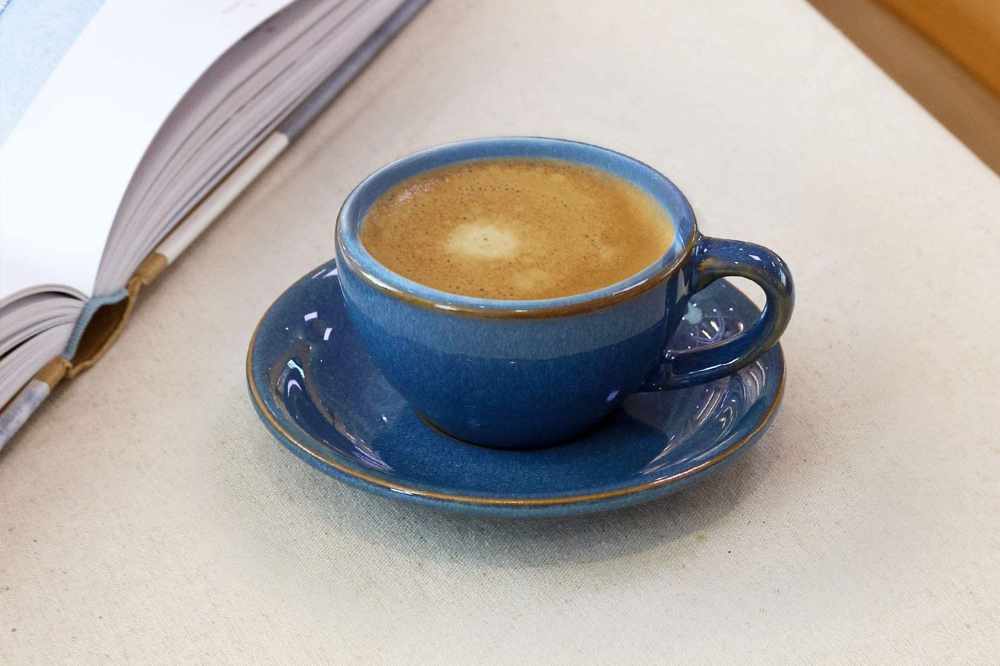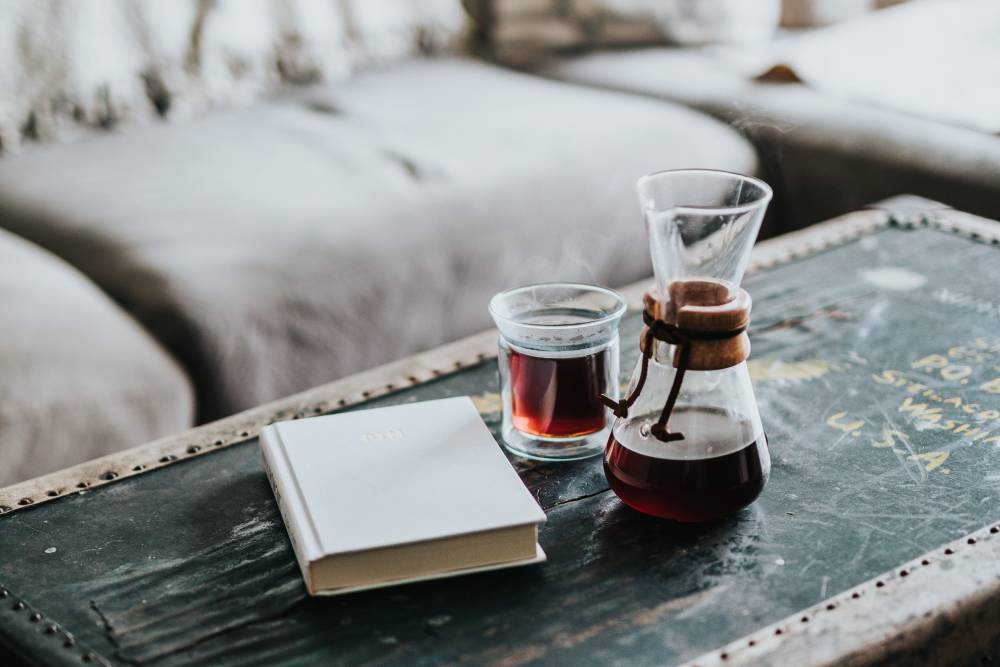We all know someone who loves to hold onto things a lot longer than they should. Whether it’s jars of herbs from 1989 or a tin of spam from before the war, some people’s pantries could rival a museum.
If you’re a keen coffee drinker then chances are that it doesn’t last long enough for you to consider the storage shelf life of your beans. However, if you fall into the food cupboard hoarder category (don’t worry, you’ll be the envy of everyone if disaster strikes) then you may be wondering if that bag of coffee that has taken up residence there is still good to use.
This brings me to my main point today which is how long does coffee last,
The answer is quite straightforward. Yes, coffee beans can go bad and you can often tell by their smell, appearance, and taste if something is a bit off. The main reason coffee goes bad is due to improper storage so make sure you keep those beans in an airtight container.
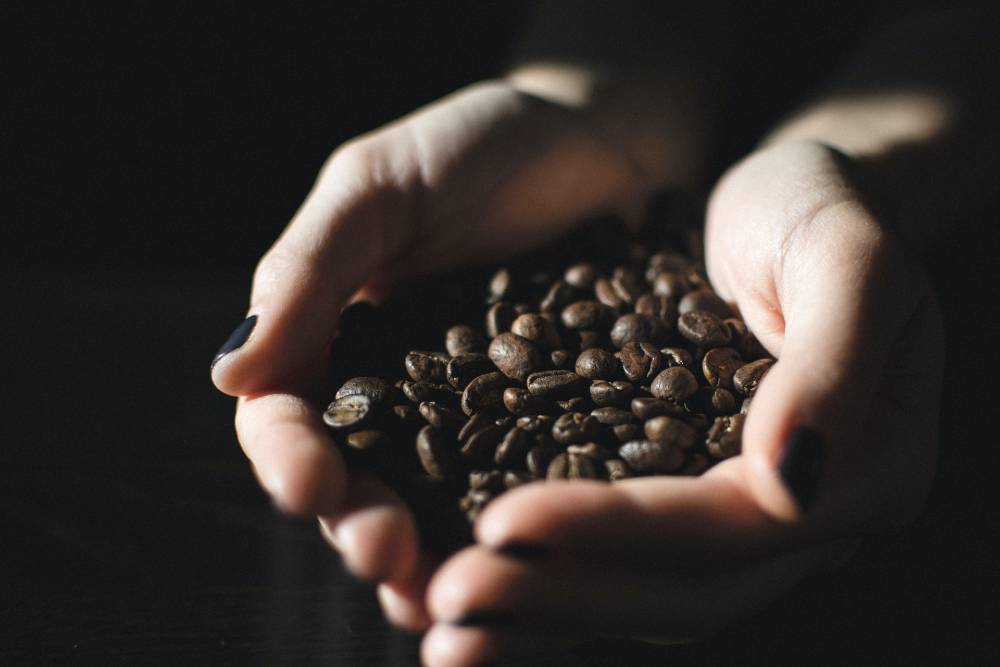
What Is The Shelf Life Of Coffee?
Fresh coffee can last anywhere between 3 months and 3 years. Instant coffee, if stored correctly, can last for up to 20 years or even longer. This depends on lots of different factors from storage to type of coffee.
Factors that Influence This
Whole Beans vs Pre Ground
Whole coffee beans last longer compared to pre-ground coffee. This is because the intact bean helps hold in those fresher flavors and there’s less surface area of coffee in contact with the atmosphere. As soon as it becomes coffee grounds up it starts the degassing process where carbon dioxide is given off and this releases some of the delicious coffee flavors. The best purchase you can make to ensure the freshest coffee is not an expensive coffee maker. It’s actually more important to get a good quality grinder.
Age of Coffee
The age of the coffee beans when they reach the roaster will play a role in the expiration date of your coffee beans. If the coffee spends a long time in storage either in the processing plant or warehouse before it ends up in your shopping cart then this will lead to stale coffee. Ideally, source your roasted beans from a small-scale, local roaster who takes care in selecting the finest and freshest specialty coffee beans.
Roasting Date
The date the coffee was roasted is also very important in the freshness of your cup of java. Ideally, you want to enjoy your coffee 7-10 days after the roasting process. This is when the flavors are developed and are at their fullest. The longer you wait post roasting the staler the coffee will end up.
Storage Container
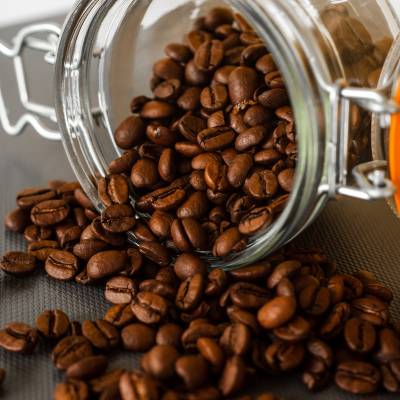
Coffee should always be stored in an airtight container to maximize shelf life. If you keep your coffee in an open bag then this will dramatically reduce the freshness very quickly. This is due to exposure to oxygen causing oxidation which gives brewed coffee a stale taste. A stainless steel canister, glass jar, or Tupperware container all do well as coffee storage devices.
Humidity
Coffee stored in a damp environment becomes a breeding ground for mold. You shouldn’t store your coffee beans in an area of the kitchen that experiences a lot of humidity i.e. near the sink, dishwasher, or beside the stovetop. A dry place such as the pantry or kitchen cupboard is best to keep those beans fresh.
Temperature
Just like humidity, there’s a balance needed when it comes to temperature. A room temperature of around 18-25C (64-77F) is ideal for those delicate beans.
Light
Light levels can also be a culprit when it comes to stale tasting coffee and although the beans look beautiful stored on display in a glass jar it may not be the best idea. Sunlight ages then quickly so if you do keep coffee in a glass jar make sure it’s kept in a dark cupboard. Ideally, store your coffee in an opaque container to keep them in the dark.
How Should You Store Coffee?
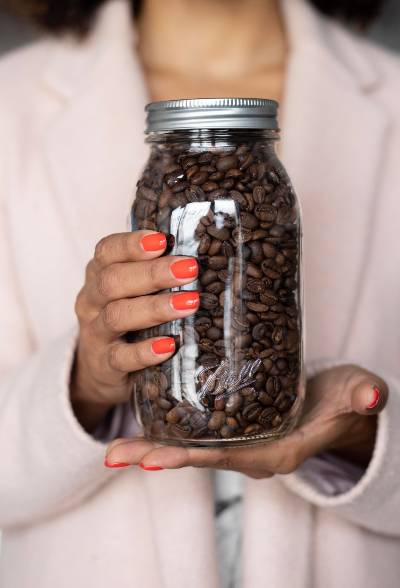
The best way to store coffee beans is in an opaque container, at room temperature and away from excessive heat and humidity. Plastic containers are known to impart different flavors on coffee beans so stainless steel or glass is the best option. Buy your coffee fresh from the roasters and in whole bean form. Only grind the exact amount you need to brew your next cup of coffee and keep the rest stored correctly. This will ensure you have the fullest, freshest tasting coffee you could wish for.
Can You Store Coffee in the Fridge/Freezer?
You can store coffee in the freezer and some people claim that it will extend the shelf life. Correctly stored coffee beans can last for up to 3 years so I don’t feel the freezer is a necessary step to take. The fridge may impart food odors into the beans and the increased humidity isn’t ideal for coffee.
How To Tell If Your Coffee Has Gone Bad
Packaging
When you buy coffee from the store check the packaging. If it doesn’t state the roasting date then be wary. The next thing to look out for is a valve on the bag. These are fitted to allow the release of carbon dioxide and if there’s no valve then the coffee isn’t fresh.
Appearance
Fresh beans should look shiny and glossy due to the oils on the surface. They should glisten and may even leave some residue on your hands. If the beans are dry and shriveled then they are not fresh. The color of the beans should be a rich brown and should not have a grey-ish tinge.
Smell
The aroma of your coffee should be intense and fill your nostrils as soon as you open the bag. If you’re having to concentrate to experience the full coffee smell then this indicates that your beans are not as fresh as would be ideal.
Taste
The flavors extracted from your coffee beans are the biggest clue as to whether or not they are fresh. Intense notes of fruity, floral, and woody notes alongside chocolate, or caramel, should be the first thing you note. If there’s a bland, stale or lack of taste then these beans are past their best.
Test
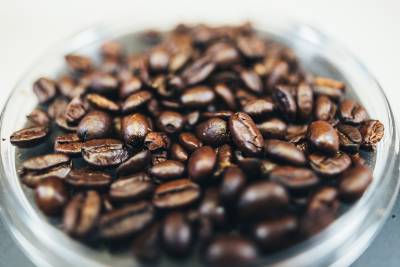
You can test how fresh your beans are using a couple of methods. The first is to store them in a ziplock bag overnight. Add some beans to the bag and press all the air out of it. If the bag has inflated by the morning then this means that the beans are still degassing and are fresh to use.
Another method is the bloom test. As you brew your coffee watch for the bloom. This is where you pour a small volume of hot water over the ground coffee and wait 30 seconds or so before adding the rest of the water. The coffee should bubble and whiz around if it’s fresh.
Can Coffee Grow Mould?
Old coffee is at risk of mold growth but only if it is improperly stored. Humidity is the main culprit when it comes to fungal growth and light is also needed to speed this up.
As long as you store the coffee in a dark sealed container away from any of these risk factors then you are very unlikely to develop a mold issue.
Final Thoughts
Coffee can and will go off if it’s not properly cared for but luckily, it’s fairly easy to tell when it has. Give those beans a sniff, check them over, or test for gas release. As long as you follow all my storage tips you shouldn’t run into many issues and your rewards will be a fresh and delicious cup of joe, every time.
Related Reading
How Long Can Coffee Sit Out?
Why is Coffee Called Java?
Should I Run Vinegar Through my Coffee Maker? (And Why?)
Can You Reuse Coffee Beans For A Second Cup?
What Is Coffee Bloom And Why Is It Important?
How Long Does Cold Brew Coffee Last?



